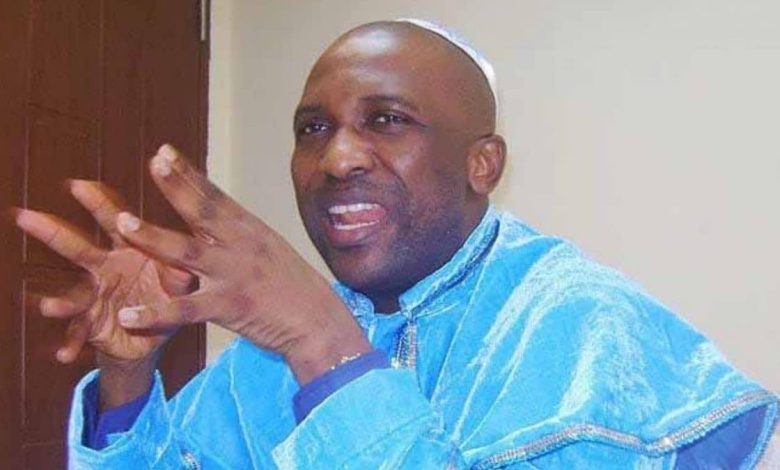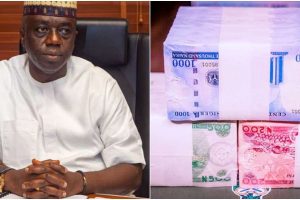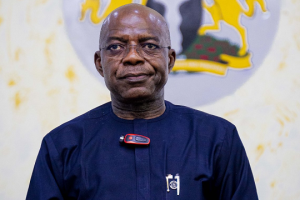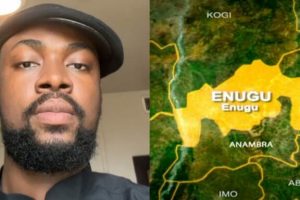
Primate Elijah Ayodele, the leader of the INRI Evangelical Spiritual Church, has expressed that Nigeria’s ongoing economic and social challenges are primarily driven by widespread corruption within the country’s leadership.
In a statement released on Friday, Ayodele emphasized that the nation’s inability to progress is directly tied to the prevalence of corrupt leaders at the helm of the government. According to him, the pervasive nature of corruption among political figures has made meaningful change impossible.
“Corrupt leaders are the primary reason Nigeria is facing the hardships it is today,” Ayodele asserted. “A leader consumed by corruption cannot propel the country forward because their focus will always be on how to enrich themselves rather than improve the nation.”
Speaking through his Media Aide, Oluwatosin Osho, Ayodele decried the deep-rooted corruption within Nigeria’s political system, labeling it as an obstacle to genuine progress. He went on to criticize the current political landscape, claiming that the presidency, as it stands today, is out of reach for those who seek to lead with integrity.
“The system is structured in such a way that only those willing to compromise their morals can reach the top,” Ayodele noted. “In Nigeria, it seems only those with questionable ethics can rise to the office of president.”
The outspoken cleric further suggested that Nigeria’s political system is tailored to favor individuals who are willing to engage in unethical practices. “If you’re a righteous person, forget about becoming president in Nigeria,” Ayodele declared. “To succeed in this country, you need a heart of stone—one that can make decisions without conscience.”
Ayodele also criticized the country’s approach to fighting corruption, stating that the efforts are weak in a system inherently designed to perpetuate such practices. He questioned the effectiveness of anti-corruption initiatives, suggesting that true reform cannot occur in a political environment where corruption is the norm.
“I’m not surprised that we don’t have leaders who genuinely fear God,” Ayodele continued. “In Nigeria, any individual who is truly God-fearing is unlikely to even have the opportunity to rise to the top. The system is stacked against them.”
The cleric also remarked on the exploitation of religion by political figures, stating that many leaders engage in religious practices merely to gain political advantage, rather than from any real spiritual conviction.
Ayodele’s comments highlight the increasing public dissatisfaction with Nigeria’s leadership, as many citizens express frustration over the country’s ongoing struggles with governance and corruption. His remarks reflect the growing belief that the nation’s political structure needs profound reform to create a path toward true progress.





